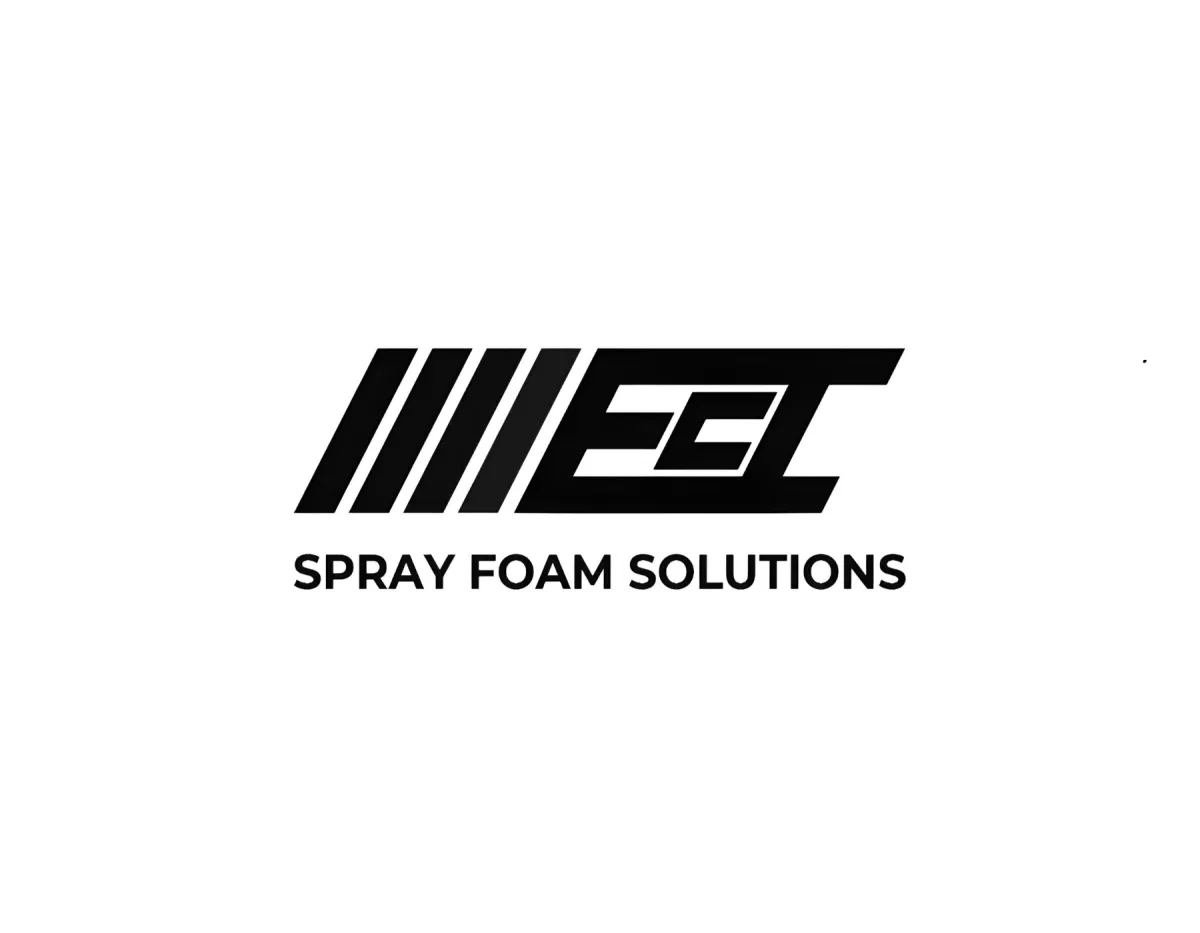
What Is Spray Foam Insulation and How Does It Work?
When it comes to keeping your home or business comfortable and energy-efficient, insulation plays a critical role. While there are many insulation options available, one of the most effective and innovative solutions is spray foam insulation. But what exactly is it, and how does it work? Let’s break it down.
Spray foam insulation is a liquid insulation material that expands and hardens when applied. Made from a combination of isocyanate and polyol resin, it’s sprayed directly onto surfaces like walls, ceilings, attics, and crawl spaces. Once applied, it expands up to 30–60 times its liquid volume, filling cracks, gaps, and hard-to-reach areas that traditional insulation often misses.
There are two main types of spray foam:
Open-cell spray foam – lighter and softer, great for interior applications like walls and soundproofing.
Closed-cell spray foam – denser and more rigid, offering higher R-values and better moisture resistance, perfect for attics, roofs, and exterior walls.
Spray foam’s effectiveness comes from its ability to create an airtight seal. Unlike fiberglass or cellulose, which can leave gaps, spray foam adheres tightly to every surface it touches. Here’s what happens when it’s applied:
Spray Application – A professional technician uses specialized equipment to spray the foam in liquid form.
Expansion – Within seconds, the foam begins to expand, filling every nook and cranny.
Hardening – The foam sets into a solid layer of insulation, locking in its airtight barrier.
This process prevents air leaks, stops drafts, and reduces energy loss—keeping your indoor temperature stable year-round.
The Benefits of Spray Foam Insulation
Energy Efficiency: Cuts heating and cooling costs by up to 40%.
Comfort: Eliminates hot and cold spots in your home.
Moisture Barrier: Reduces the risk of mold and mildew.
Strength: Adds structural integrity to walls and roofs.
Longevity: Lasts for decades without sagging or deteriorating.
Why Choose Spray Foam Over Traditional Insulation?
While fiberglass and cellulose are still commonly used, they can leave gaps, settle over time, and absorb moisture. Spray foam not only insulates but also seals, strengthens, and protects—making it a smarter long-term investment for both homeowners and business owners.